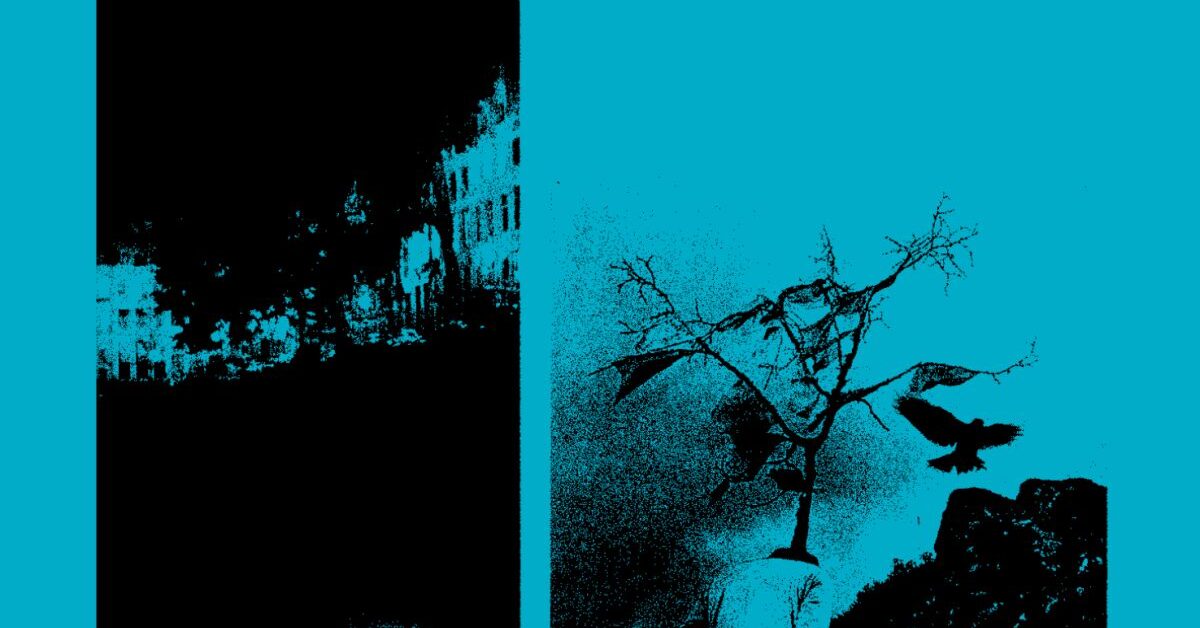This issue goes to print on the cusp of a darkening world, as the Israeli war-crimes committed in response to Hamas’ attacks expand to Lebanon and Syria as they reach a year’s duration, and a confrontation of major powers looms on the horizon. A year ago, under a different moral dispensation, we were criticised for daring to allow that Israeli forces might have targeted the Al-Shifa hospital, an accusation since rendered almost naive. The subsequent escalation of horrors has been enabled by a concerted effort to distort moral language obvious in every tortuous passivised headline in the Global North. Our press daily occludes and minimises structural violence while inflating the semantic offence of slogans and symbols in the same breath. We don’t know where this is going or how dark it can get, but we do suspect that our journalists and politicians could only lie and equivocate so shamelessly if they thought we would all forget what we’ve seen. Overland won’t.
Editorial



